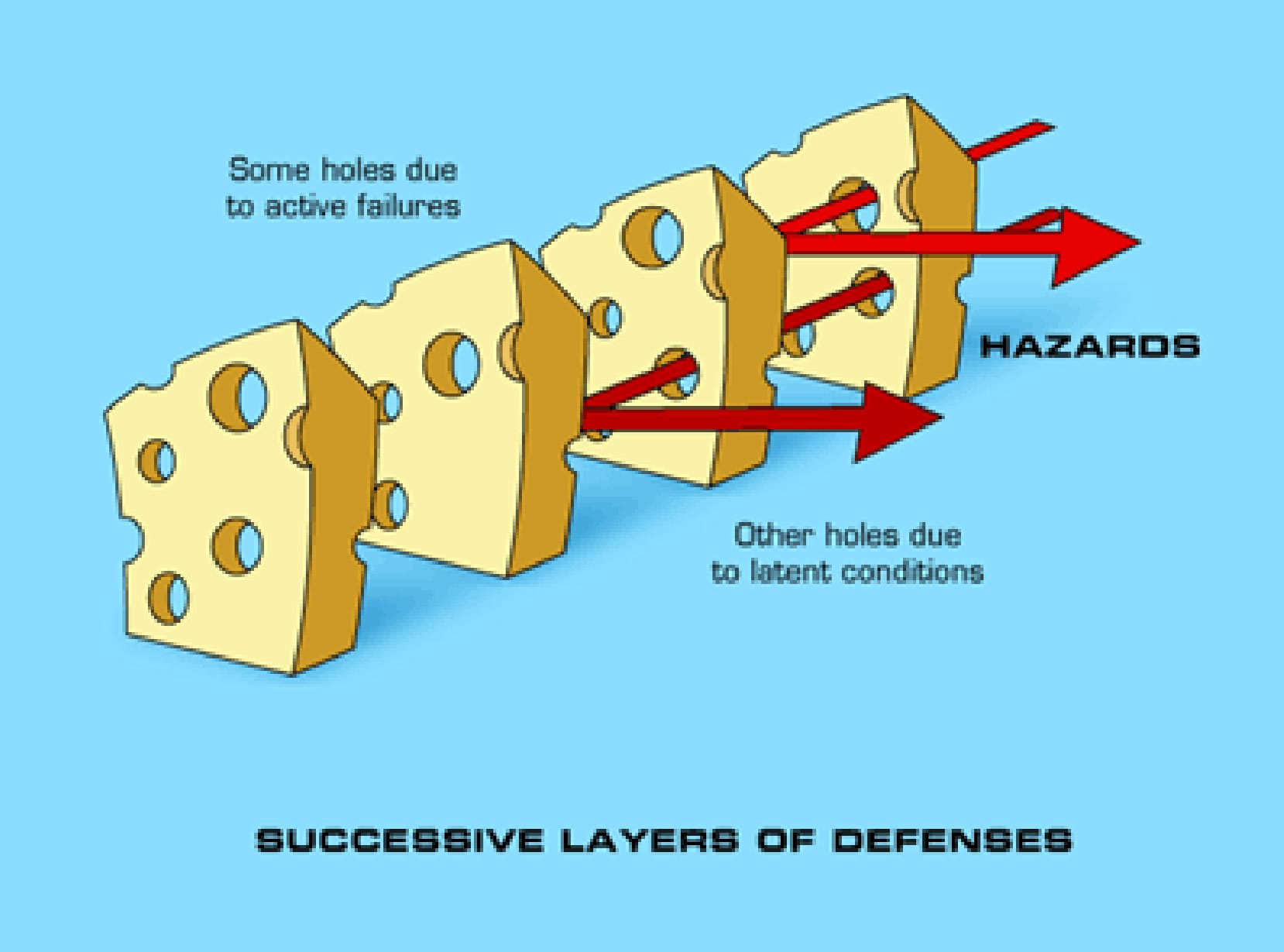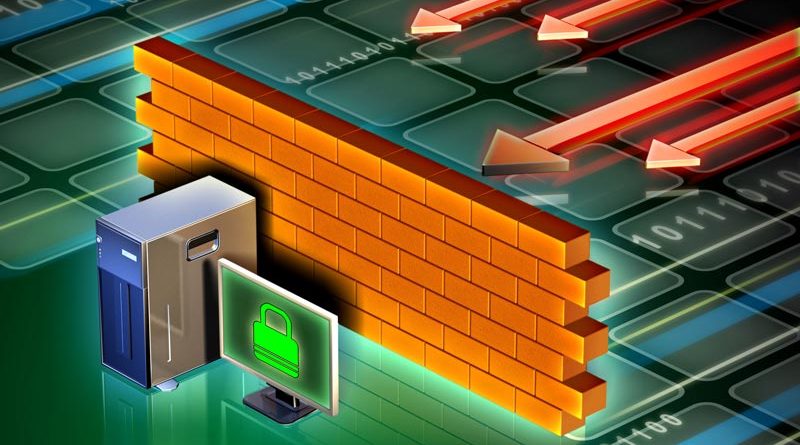What is a Firewall?
If you’ve been using computers for any length of time, you’ve no doubt heard the term firewall.
A firewall acts as a barrier between incoming and outgoing network traffic based on preset security rules. Those rules decide whether to allow or block specific traffic between a private internal network and the public internet, as well as internally between other systems.
A firewall, however, is just one piece of the cybersecurity puzzle. Cybersecurity can be likened to the Swiss cheese model of defense, where multiple slices of cheese are stacked side by side. The cheese is specifically Swiss because, just like your security measures, each slice or layer has holes in it. Attackers may find holes in one slice of cheese, but there are more slices. A firewall is just one piece of cheese.

How Does a Firewall Work?
Firewalls analyze the incoming and outgoing network traffic and allow or block it based on its source, destination, type and content.
Firewalls can be configured to allow traffic from trusted sources and block traffic from untrusted sources, or they can allow or block traffic from specific ports (a computer’s entry point).
Each device connected to the internet has an IP address. If you think of IP addresses as houses, then you can think of ports as individual rooms within a house. You can configure rules to allow traffic to your IP address (home), but those rules also can block or allow the traffic to enter certain ports (rooms), just like you might tell your kids or guests that certain rooms within your house are off-limits or allowed.
“Firewalls are a critical component of network security, preventing unauthorized access and malicious activity, including viruses, malware and other types of malicious software.”
What are the Types of Firewalls?
Firewalls can be hardware based (a piece of equipment installed between your network and gateway), software based (a program installed on your computer) or a hybrid of both.
Hardware firewall protects you from risks outside of your network, whereas software firewall protects a device from other internal systems.
It’s important to have both to cover all your bases. A physical firewall will block an attacker who is trying to gain access to your system, and a software firewall can protect the rest of your company’s devices from getting infected when an employee accidentally clicks on an email containing a virus or malware that has managed to infiltrate that computer.
Why are Firewalls Important?
Firewalls are a critical component of network security, and malicious activity, including viruses, malware and other types of malicious software.
They also give you control over your network traffic, both internally and externally. While cyberattacks tend to happen from the outside, it is possible to experience an internal attack.
Some organizations are required to comply with regulatory requirements related to network security, and firewalls can be a key part of those requirements.
As stated earlier, firewalls are just one part of cybersecurity but are necessary to help keep your organization secure.
West Michigan IT Services
Are you looking to improve security for your organization? Contact us here to see how we can help keep your business running smoothly while increasing productivity, security and profitability.











